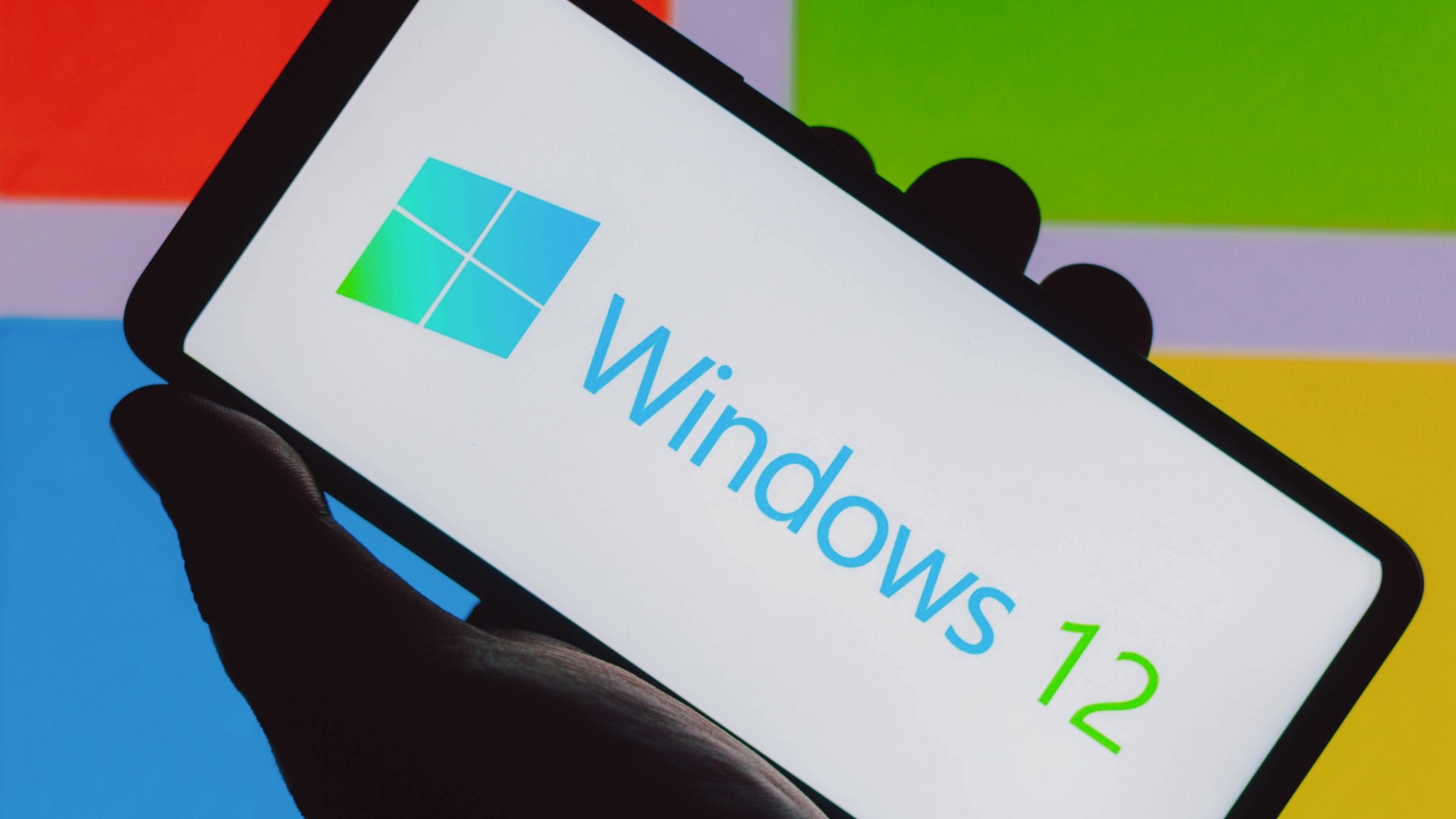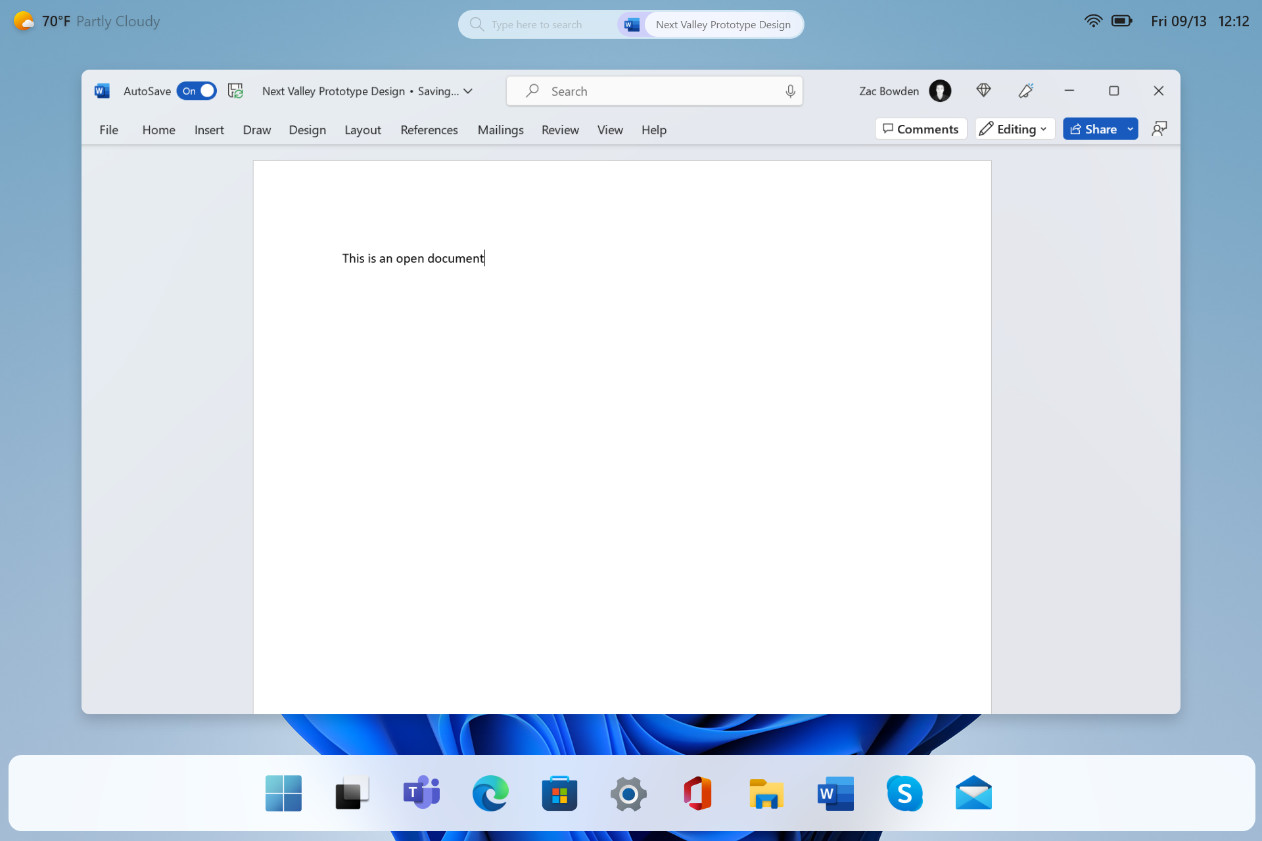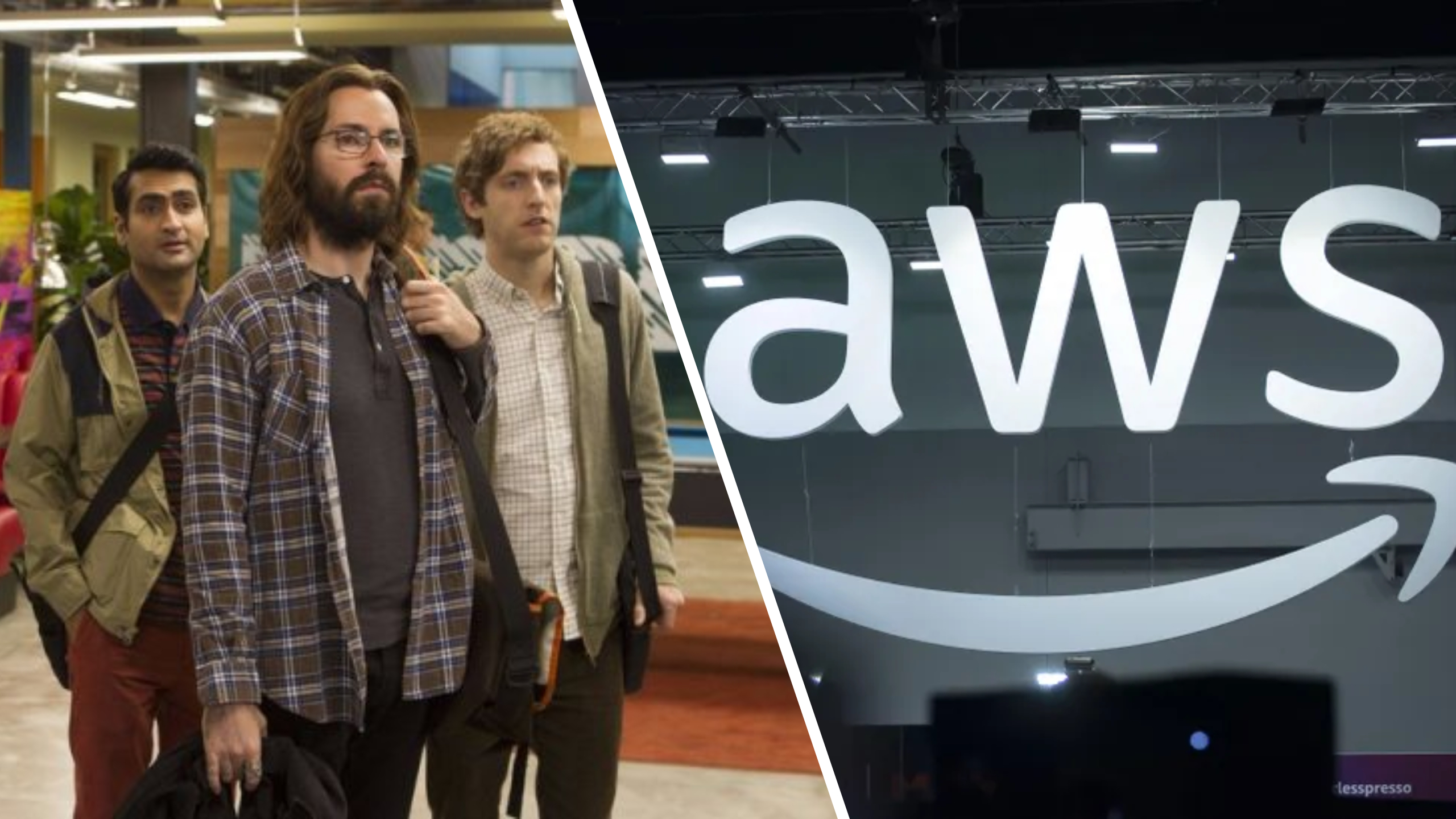‘Windows 12’ leak just teased powerful AI upgrades — here’s what we know
Windows 11 successor will reportedly be faster, tougher and powered by AI

Here at Tom’s Guide our expert editors are committed to bringing you the best news, reviews and guides to help you stay informed and ahead of the curve!
You are now subscribed
Your newsletter sign-up was successful
Want to add more newsletters?

Daily (Mon-Sun)
Tom's Guide Daily
Sign up to get the latest updates on all of your favorite content! From cutting-edge tech news and the hottest streaming buzz to unbeatable deals on the best products and in-depth reviews, we’ve got you covered.

Weekly on Thursday
Tom's AI Guide
Be AI savvy with your weekly newsletter summing up all the biggest AI news you need to know. Plus, analysis from our AI editor and tips on how to use the latest AI tools!

Weekly on Friday
Tom's iGuide
Unlock the vast world of Apple news straight to your inbox. With coverage on everything from exciting product launches to essential software updates, this is your go-to source for the latest updates on all the best Apple content.

Weekly on Monday
Tom's Streaming Guide
Our weekly newsletter is expertly crafted to immerse you in the world of streaming. Stay updated on the latest releases and our top recommendations across your favorite streaming platforms.
Join the club
Get full access to premium articles, exclusive features and a growing list of member rewards.
Work on Windows 12 or something like it may be well underway at Microsoft, and a new report suggests powerful new features could be in the cards for the Windows 11 successor.
Most notably, a future version of Windows could rely far more on machine learning algorithms to try helping you out by providing context-sensitive assistance in day-to-day computing. We're talking integrating machine learning with Windows in a far deeper way than Microsoft did back in February, when Bing with ChatGPT arrived on the Windows 11 taskbar.
According to a new report from Windows Central, the team at Microsoft have been testing out some of these ideas while working on the next Windows, which has reportedly been known internally by codenames like "Next Valley" or "Hudson Valley" during development. This lines up with a screenshot Microsoft shared at its Ignite 2022 event which appeared to show a redesigned Windows UI along with a "Next Valley Prototype Design" label.
Based on the word of sources trusted by Windows Central, Microsoft appears to be working out how to build a version of Windows that's more modular and customizable than ever before. This version of the OS may be codenamed "CorePC", and it's reportedly being designed with the goal of being as secure as Windows 11, yet more customizable and designed from the ground up in a more modular way so it's easier to install on a wider variety of devices than traditional Windows PCs, laptops and tablets.
Though we can't say for sure how true that is, it would certainly make some sense given that the best Windows laptops are often far less appealing to organizations like schools and businesses than the best Chromebooks, since Windows 11 is more complicated than ChromeOS and more time-consuming to manage.
According to Windows Central's sources, this more modular and lightweight Windows 11 successor would be smaller and easier to install, not to mention faster to update, which could make it a more compelling ChromeOS competitor. The future Windows version would be designed to come in multiple editions appropriate for different platforms, and the company is working on a layer of compatibility software (reportedly codenamed "Neon") that will bridge the gap when trying to run apps that require legacy Windows features on the newer, slimmer versions.
A version of this lightweight Windows successor is reportedly already being tested internally, and is "roughly 60-75% smaller than Windows 11 SE" according to Windows Central's trusted source. At least one version is being designed with a focus on optimizing hardware and software to the fullest and leveraging the hardware's machine learning capabilities "in a way similar to Apple Silicon", according to Windows Central.
Get instant access to breaking news, the hottest reviews, great deals and helpful tips.
That would make an awful lot of sense given how much success Apple has seen switching its MacBooks from Intel CPUs to its own in-house Apple Silicon. The best MacBooks tap the power of their Apple M-series chips not just to help you speed through spreadsheets, but also to help out with tasks like touching up your webcam image quality during video calls.
A Windows 11 successor that offered similar features by taking fuller advantage of the hardware it's running on would be awfully compelling, and Windows Central claims Microsoft is developing potential Windows 12 features like automatically analyzing what's on-screen and popping up contextual prompts, or allowing you to highlight text in images and copy it into another file.
Outlook
While there's no reason yet to presume the software will be called Windows 12, there's plenty of good reasons to assume Microsoft is working on a follow-up to Windows 11. While it's still a perfectly good operating system that will be supported for years to come, Windows 11 hasn't exactly been the most popular Windows in history, and with fierce competition from Apple and Google, Microsoft would be foolish not to be working on a Next Big Thing in Windows.
Certainly the recent frenzy over LLM-trained chatbots like Google Bard or Bing with ChatGPT makes the suggestion that such AI-adjacent technologies will end up in the next Windows seem like a safe bet. We'll have to wait and see, of course, but it seems highly unlikely the tech craze for putting "AI" in everything will peter out before Windows 12 (or whatever Microsoft ends up calling it) hits store shelves in its predicted 2024 release window.
More from Tom's Guide
- New Microsoft Teams is live — here's the 3 biggest upgrades
- Windows 12 reportedly has a release window — and I couldn't be happier
- ChatGPT potentially exposed users' credit card info — what you need to know
More from Tom's Guide
- Windows 11 in 2023 — here's what to expect
- Windows 12 reportedly has a release window — and I couldn't be happier
- Windows 11 review
More from Tom's Guide
- Windows 11 in 2023 — here's what to expect
- Windows 12 reportedly has a release window — and I couldn't be happier
- Windows 11 review

Alex Wawro is a lifelong tech and games enthusiast with more than a decade of experience covering both for outlets like Game Developer, Black Hat, and PC World magazine. A lifelong PC builder, he currently serves as a senior editor at Tom's Guide covering all things computing, from laptops and desktops to keyboards and mice.
 Club Benefits
Club Benefits











